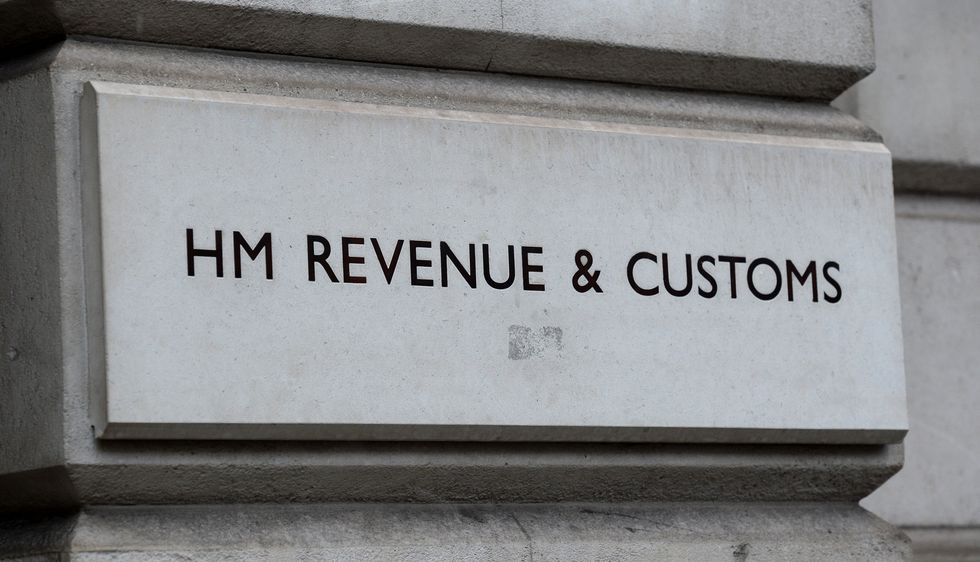HMRC cautioned state pensioners about transferring funds from private pensions to other investments
GETTY
HMRC cautioned state pensioners about transferring funds from private pensions to other investments like Premium Bonds
Don't Miss
Most Read
Trending on GB News
HMRC has clarified tax rules for state pensioners following queries from concerned individuals.
A taxpayer reached out to the authority with questions about tax allowances and the state pension, particularly regarding recent tax deductions from a private pension payment.
The social media user wanted to get advice on how to prevent further tax bills when accessing private pensions and other savings schemes.
HMRC issued a response explaining when income tax applies to state and private pensions.
The social media user explained that him and his wife are both receiving state pension and a small private pension individually. However, his wife recently had tax deducted from the private pension payment.
They said: "She has applied for the marriage allowance to be allocated back to her. (April 2025) How can we prevent further tax bills when accessing private pension and/or other saving schemes?"

The marriage allowance allows a spouse or civil partner to transfer some of their personal allowance to their partner
PAThe Marriage Allowance allows a spouse or civil partner to transfer some of their Personal Allowance to their partner, if their income is beneath the £12,570 Personal Allowance.
Individuals can transfer £1,260 of their Personal Allowance which reduces their tax by up to £252 in the tax year.
The individual continued their query, expressing concern about multiple taxation, saying: "If money was removed from the private pension of either individual to be invested elsewhere, e.g. Premium Bonds, what rules are there regarding tax demands?"
"Take out £10,000, pay 20 per cent reinvest and pay 20 per cent again on any dividends. It seems the tax is applied multiple times."
HMRC responded to these concerns, stating: "You only pay income tax if your taxable income - including your private pension and state pension - is more than your tax-free allowances (the amount of income you're allowed before you pay tax)."
The tax is only applied when total income exceeds the personal allowance threshold, currently set at £12,570 for the 2023/24 tax year.
HMRC provided further details on dividend taxation. For the current tax year, the tax-free dividend allowance stands at £2,000.
Income exceeding this threshold is taxed at different rates depending on the taxpayer's bracket.
Basic rate taxpayers face an 8.75 per cent tax on dividend income above the allowance and higher rate taxpayers are subject to a 33.75 per cent tax on dividend income.
Additional rate taxpayers have a levy of 39.35 per cent on dividend income above the allowance.
These rates apply to dividend income from investments, including those funded by pension withdrawals.
The HMRC guidance comes amid growing concerns from pensioners about managing their retirement income effectively
Many are seeking ways to optimise their savings and minimise tax liabilities.
Financial advisors play a crucial role in this process, but as one taxpayer noted, there can be conflicts of interest.
They stated: "Our financial advisor is not helping because if the private pensions are closed, he stops getting a fee."
This highlights the importance of independent financial advice and thorough understanding of tax implications when making decisions about pension withdrawals and reinvestments.







